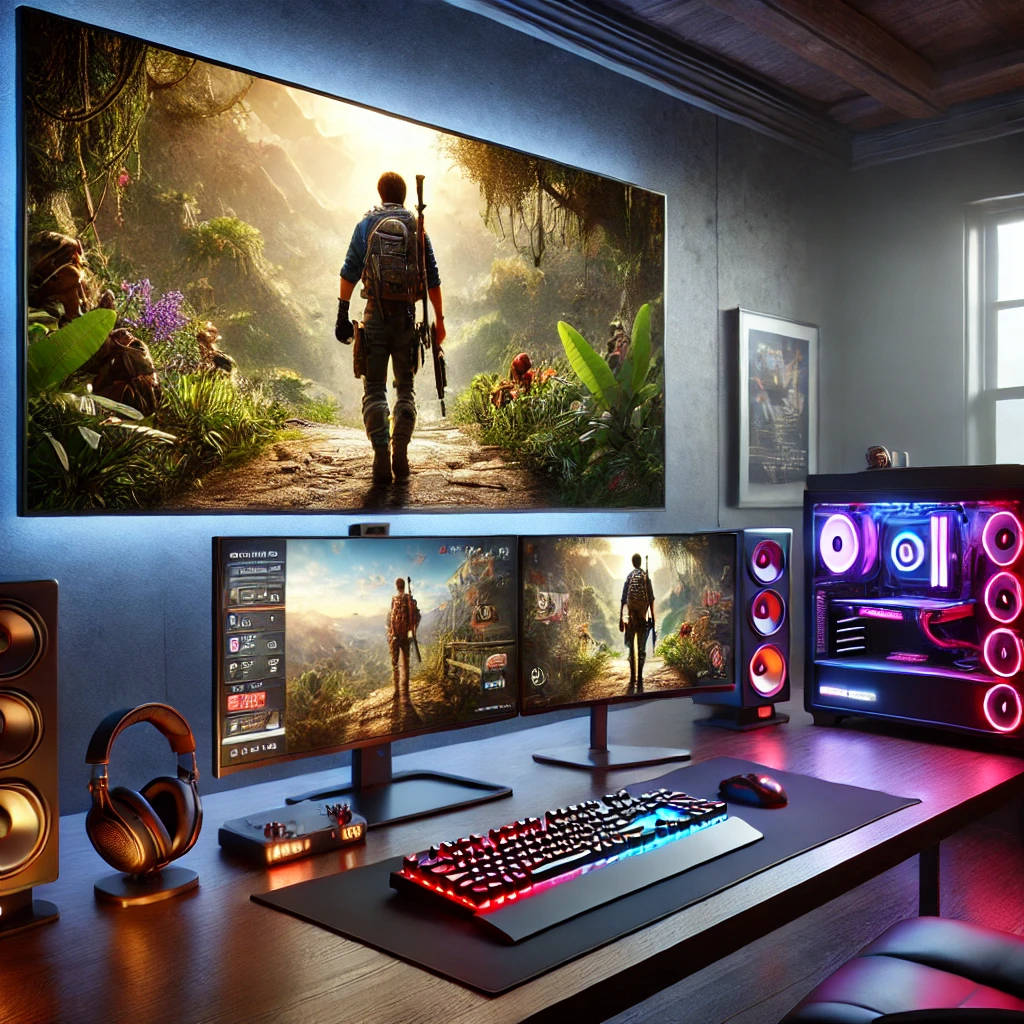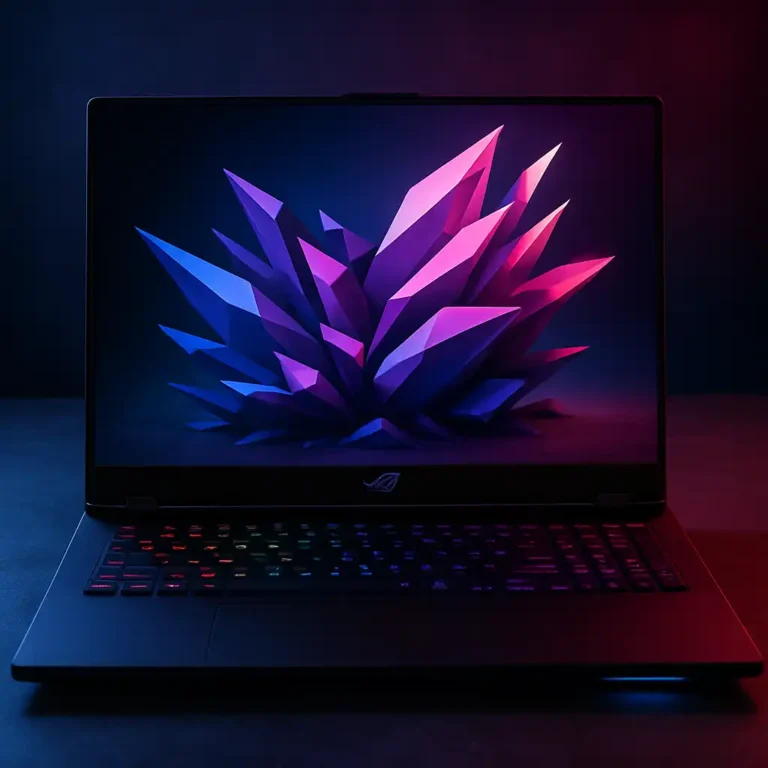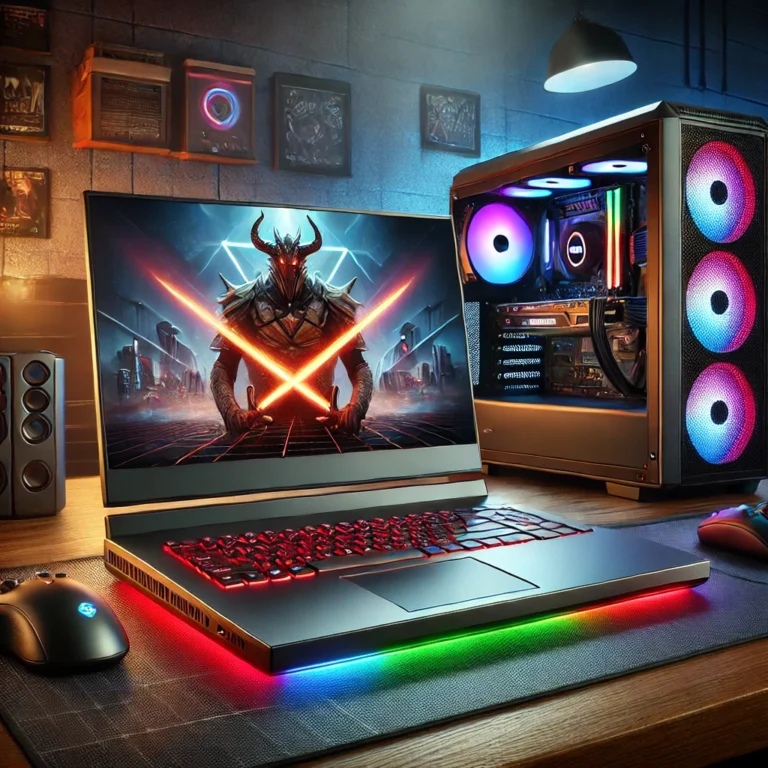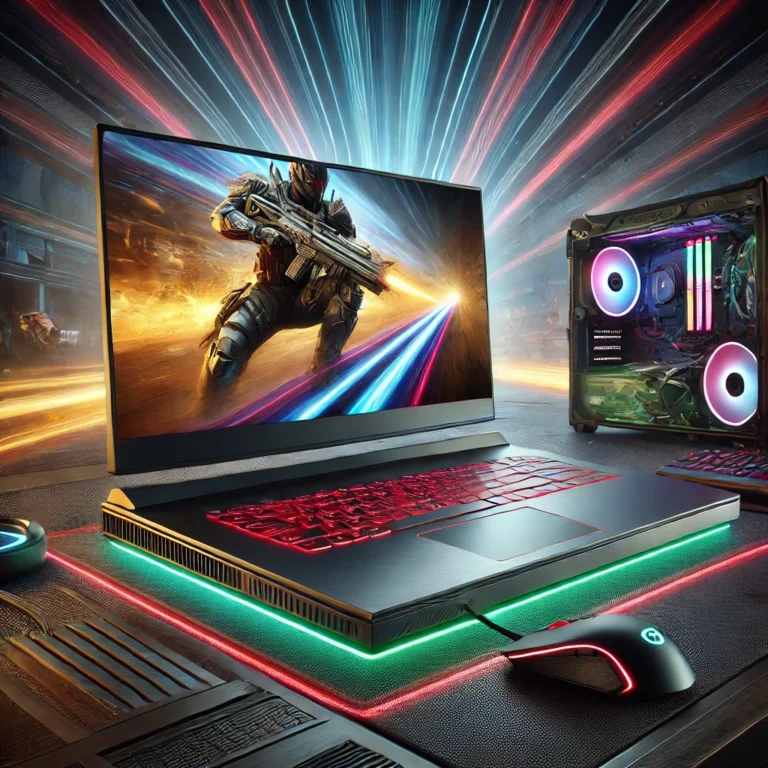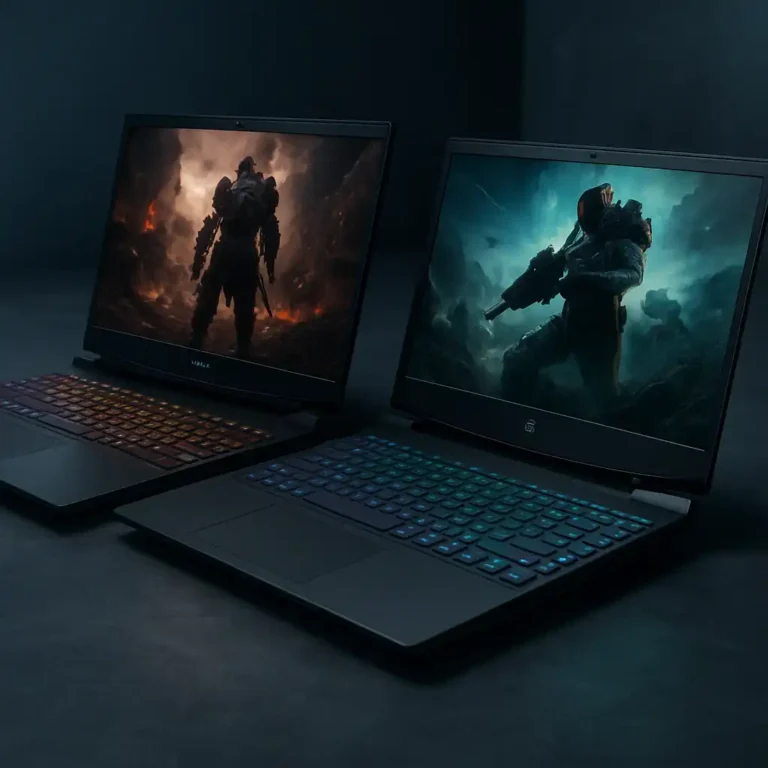PC Gaming on TV vs Monitor: Which One is Best for You?
Choosing between a TV and a monitor for PC gaming can be challenging. While both offer distinct advantages, the right choice depends on your gaming style, setup, and preferences. In this guide, we’ll break down the key differences to help you decide which display is best for your gaming experience.
Display Quality: Resolution and Visual Performance
Both TVs and monitors can deliver stunning image quality when it comes to sharp visuals—but with some key differences.
- Gaming Monitors generally excel in providing sharper images with higher pixel density due to their smaller screen sizes. This results in crisper details, especially for games with intricate graphics.
- TVs offer impressive 4K UHD displays with vivid colors and HDR support, ideal for immersive, cinematic gaming experiences. However, pixel density may be lower on larger TVs when viewed up close.
For competitive gamers, a high-resolution 1440p or 4K monitor may offer the edge, while casual gamers or those who enjoy cinematic visuals may prefer a large 4K TV.
Refresh Rate and Response Time
Speed matters in gaming, and this is where monitors often dominate.
- Monitors typically offer refresh rates up to 240Hz or higher, delivering ultra-smooth motion ideal for fast-paced games like Fortnite, CS:GO, or Call of Duty.
- TVs generally cap at 120Hz, with some high-end models reaching 144Hz. While this is still suitable for most games, serious competitive gamers may find it limiting.
- Response time — the time it takes for pixels to change color — is usually faster on monitors, reducing motion blur and improving responsiveness.
A gaming monitor’s superior speed makes it the better choice for fast-action games where split-second reactions are critical.
Input Lag and Performance
Input lag is the delay between your action (like pressing a key or moving a mouse) and seeing the result on screen.
- Monitors offer minimal input lag, typically under 5ms, making them ideal for competitive gamers.
- TVs tend to have higher input lag, often 15ms to 50ms, which can hinder reaction times in fast-paced games. However, some modern TVs feature Game Mode, which significantly reduces input lag.
If you’re playing story-driven RPGs or casual games, a TV’s input lag may not be noticeable. But for eSports or twitch-reaction games, a low-lag monitor is the better choice.
Screen Size and Immersion
Size plays a big role in gaming enjoyment.
- TVs offer larger screens — often 55 inches or more — which can enhance immersive gaming, especially in cinematic titles like Cyberpunk 2077 or Red Dead Redemption 2.
- Monitors are generally smaller (typically 24 to 32 inches) but designed for desk setups, keeping screens closer and more detailed.
A monitor is ideal for solo gaming in a workspace. A TV provides a superior viewing experience for couch co-op or cinematic storytelling games.
Audio Experience
TVs often come with built-in speakers that provide decent sound for casual gaming. However, dedicated PC speakers or gaming headsets generally offer superior audio quality.
Monitors often lack powerful speakers, making an external sound setup a necessity.
Conclusion: Which Should You Choose?
- Choose a gaming monitor if you value fast response times, higher refresh rates, and competitive gaming precision.
- Opt for a TV if you prefer larger screens, immersive visuals, and a home theater-like gaming experience.
Ultimately, your choice depends on your gaming style. Competitive players will benefit from a fast, responsive monitor, while casual or cinematic gamers may prefer the expansive screen of a 4K TV.

